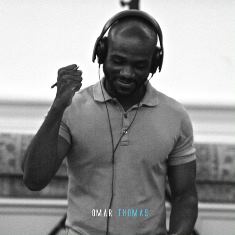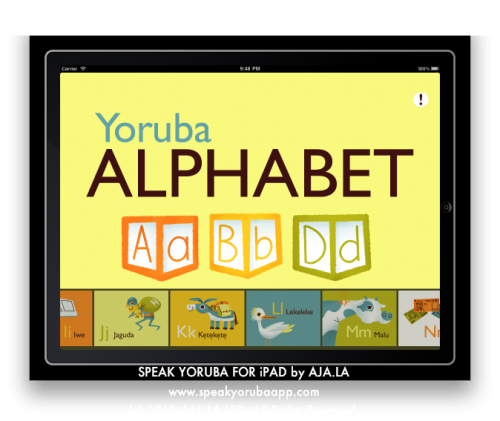I thoroughly enjoyed this interview with award-winning composer, Omar Thomas, about his new album, 'We Will Know', a monumental work of art that breathes new life into the word "movement". Inspired by the popular civil rights protest song, "We Shall Overcome", Omar has just gifted the (U.S.) LGBT civil rights…
-
-
African Women in Tech: Learn More about SpeakYoruba App Developer, Abake Adenle
Welcome to my new series, African Women in Tech, and the first interview w/ Nigerian tech entrepreneur, Abaka Adenle, lead developer of the SpeakYoruba app.
-
Interview w/ Letta Neely, Black Lesbian Poet, Playwright, Activist and Mentor
I decided to close Women’s History Month with a conversation with someone who has inspired so much of my work as an activist, and is living proof that we can create change in the world simply by speaking out and staying true to ourselves: Letta Neely. Letta is the phenomenal woman who…
-
African Feminism - Afrofeminism - Blog - Gender and LGBT Issues - Interviews - LGBT Africa - New Media - Special Series
Kitchen Table Conversations: LGBT African Diaspora Speak on Culture, Queerness, and Media
In partnership with Women, Action, and the Media (WAM!), I’m hosting a virtual panel that features the perspectives of LGBTQ African Diaspora on African culture, queer identity, and the media. The focus of the panel will in part be driven by pre-submitted questions from listeners, but will also aim to highlight the…
Online rulet oyunları gerçek zamanlı oynanır ve online slot casino bu deneyimi canlı yayınlarla destekler.
İnternet üzerinden eğlence bahsegel giriş arayanlar için deneyimi vazgeçilmezdir.
Kullanıcıların hesaplarına hızlı ve sorunsuz bettilt ulaşabilmesi için adresi her zaman güncel tutuluyor.


